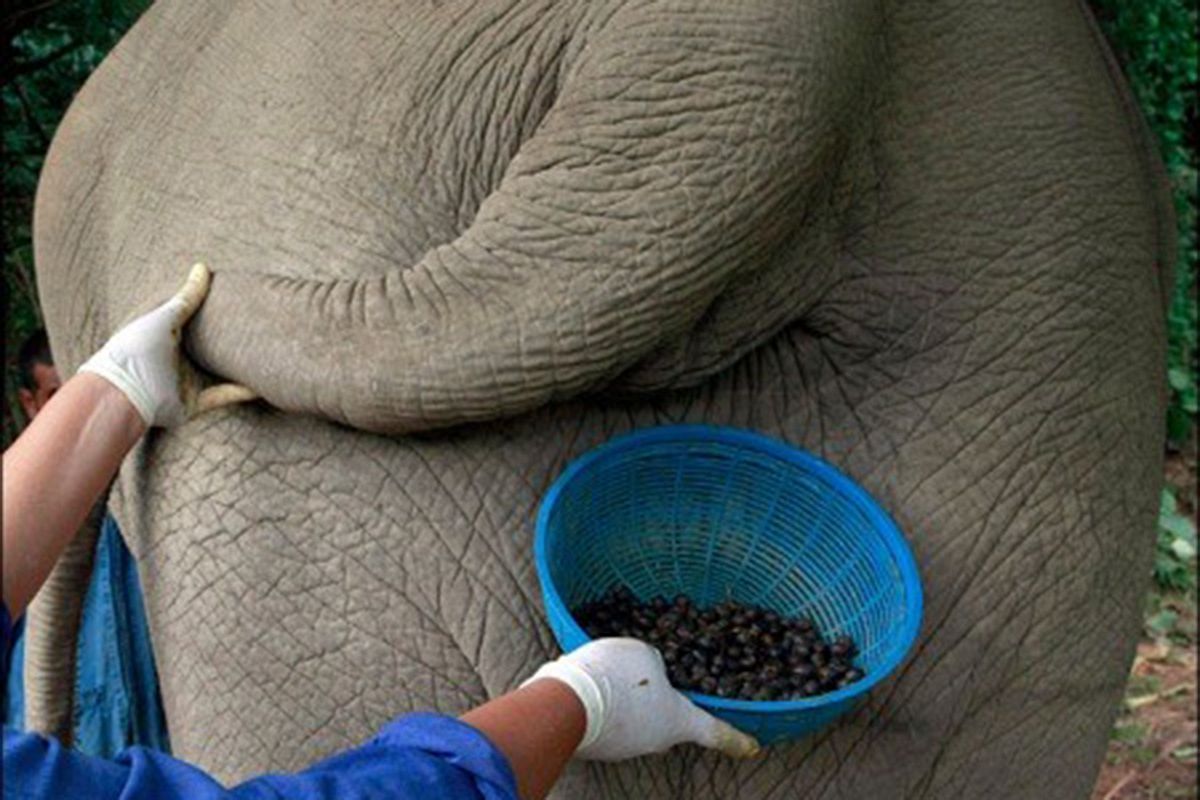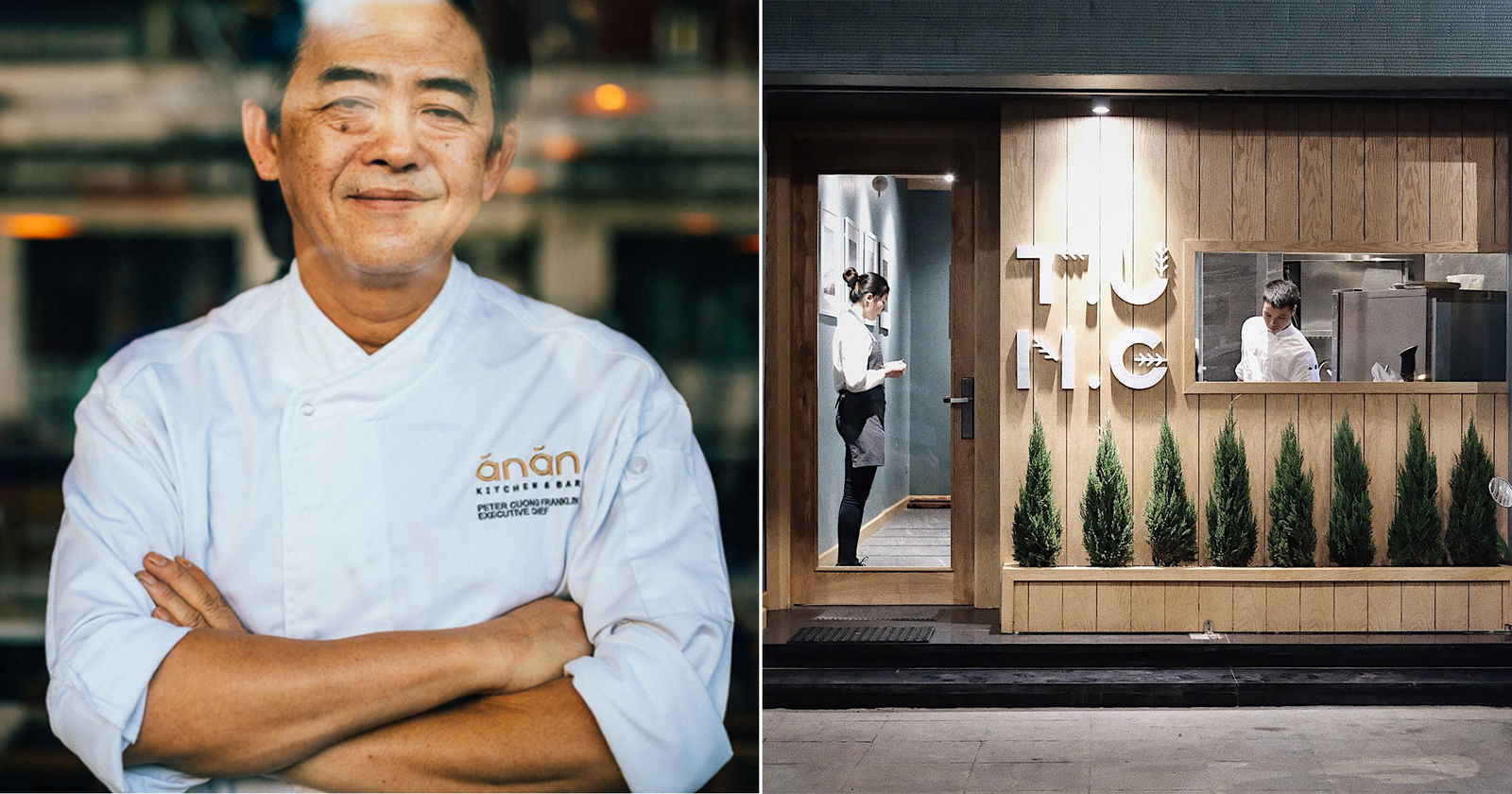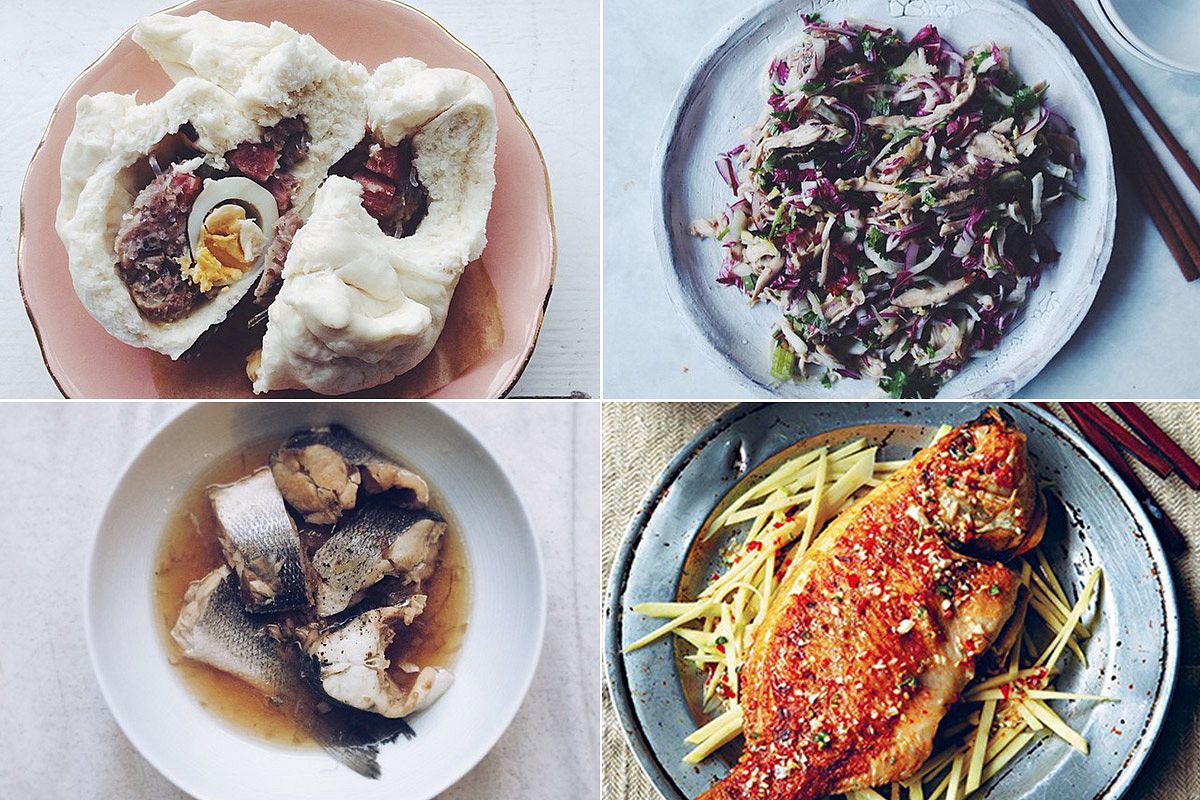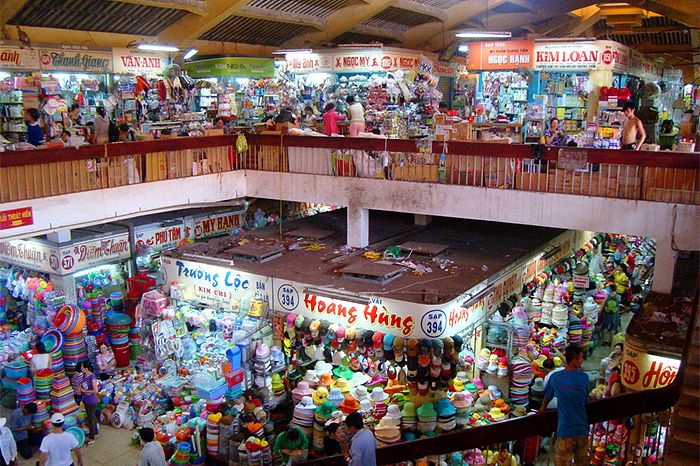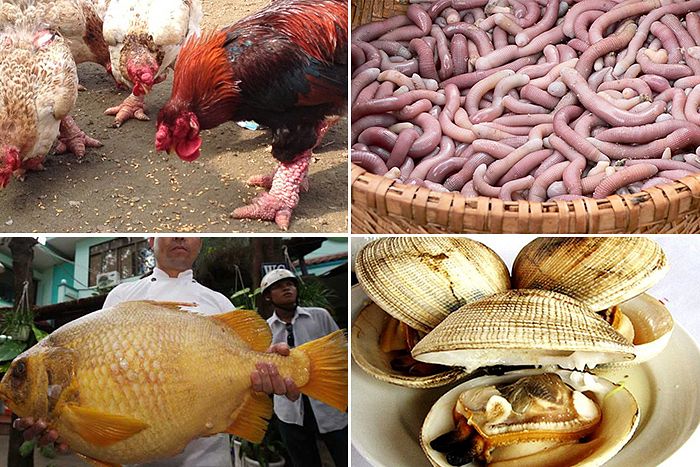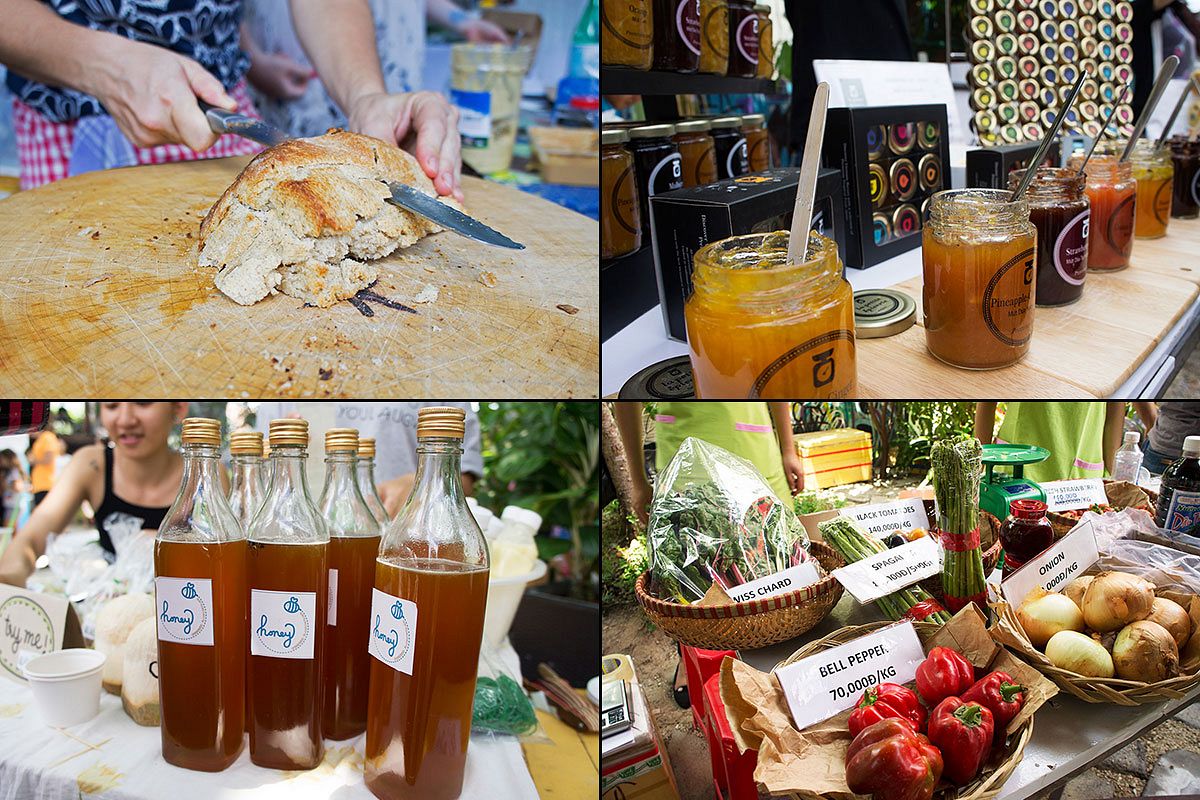We love a good cup of civet-poop coffee just as much as the next person, but maybe it's time to let go.
Chances are you've heard of kopi luwak, – or, in Vietnam, cà phê chồn – the uber-expensive coffee whose beans are rumored to be especially flavorful thanks to their journey through the digestive tract of a civet. In cities like New York or London, a single, steaming cup of the brew can go for as much as US$100.
However the mystique behind kopi luwak has worn off considerably these days, as Global Post reports the demand for kopi luwak is fueling an industry which results in cruel treatment of the very animals responsible for pooping out its lucrative product.
In the good old days, people would wander the forest in search of wild civet feces for their cup of morning joe. Now, however, farmers are no longer scouring the wilderness but rather capturing civets and force-feeding them the coffee beans instead.
While the beans have still technically passed through a civet, the production of kopi luwak in captivity has two effects: first, force-feeding eliminates a civet's ability to select the “best” beans: after all, these small, furry creatures have no choice when they're forced to eat the beans they're given.

Coffee beans, post-civet. Photo via Vocativ.
Second, the effects of kopi luwak farming can be far more damaging for civets than many consumers realize. Worse than a human's caffeine buzz, the coffee-induced delirium that plagues these little critters is not pretty: captured kopi luwak civets pace in circles, gnaw on their cages or their own limbs and, in some cases, die from the prolonged exposure to high levels of caffeine.
Suwanna Gauntlett, founder of the conservation group Wildlife Alliance, is currently working with forestry officials in Cambodia to limit the capture of these animals. Civet traps, she told Global Post, are essentially a “bamboo stick with pineapple at the top – civets love pineapple – and when they climb the sticks, a snare catches them around the waist”.
While civets aren't yet endangered, conservationists like Gauntlett fear that prolonged poaching will lead these animals to the same fate as rhinos or tigers. Campaigns against the consumption of kopi luwak have helped to discourage European and North American consumers from purchasing the stuff, but such efforts have yet to reach Asian kopi luwak drinkers.
If you think better farming practices are the answer, it's a good start, however even farmed kopi luwak goes for a princely sum; the cost of ethically produced kopi luwak is astronomical. For instance, Ross Kopi, one of Indonesia's leading ethical kopi luwak producers, sells its product for a staggering US$2,500 per kilo.
“At the rate they’re being poached,” Gauntlett told Global Post, “they’ll soon become vulnerable. Civet is the upcoming species under pressure...and this demand will soon outrun the natural supply.”
[Top photo via Cat Poop Coffee Inc.]


